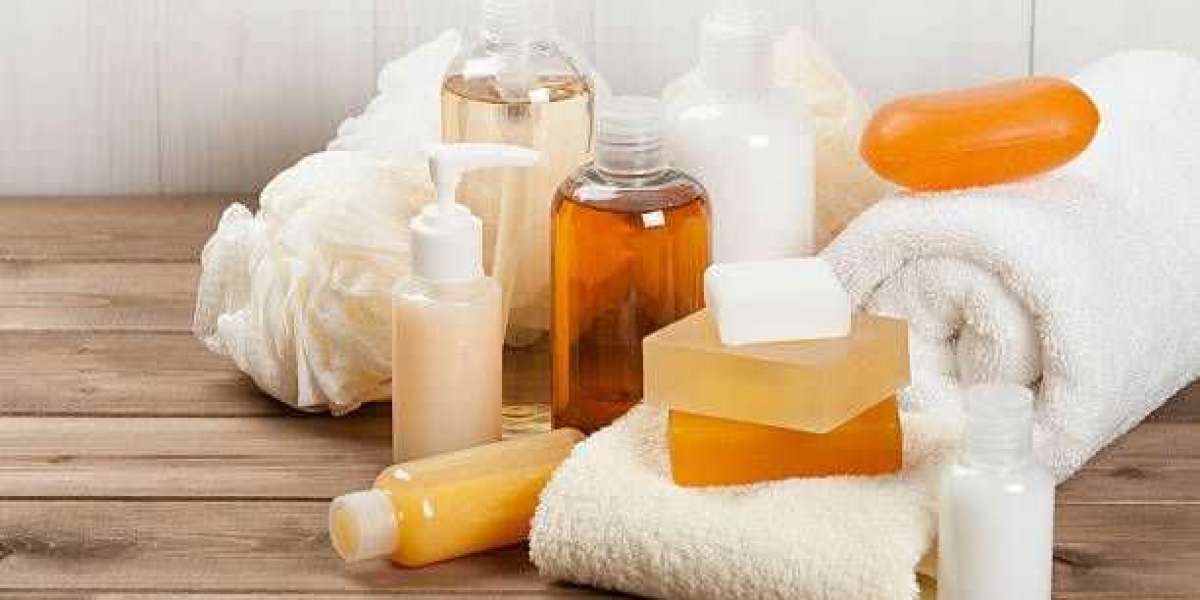Feminine hygiene is more than just a routine—it’s a vital part of a woman’s overall health and well-being. With so many options on the market today, from sanitary pads to menstrual cups and intimate wipes, choosing the right hygiene products can feel overwhelming. But understanding what’s available and how to use them safely can make all the difference in maintaining personal comfort and cleanliness.
In this blog, we’ll walk you through the different types of feminine hygiene products, when to use them, and the essential hygiene tools and hygiene equipment that support a healthier lifestyle.
Why Feminine Hygiene Matters
Feminine hygiene isn't just about feeling fresh—it’s about preventing infections, irritation, and discomfort. The vaginal area is delicate and self-cleaning, which means the products we use should support its natural balance, not disturb it. The wrong product or poor hygiene practices can lead to yeast infections, bacterial vaginosis, urinary tract infections (UTIs), and general discomfort.
That’s why choosing the right hygiene products is key.
Types of Feminine Hygiene Products
Let’s explore some of the most widely used feminine hygiene products, their benefits, and when to use them.
1. Sanitary Pads
Sanitary pads (or napkins) are absorbent liners worn in underwear to catch menstrual flow. They come in various sizes, shapes, and thicknesses—some even have wings to prevent leakage.
- Best for: Day or night use, especially for beginners.
- Available in: Regular, super absorbent, overnight, panty liners.
2. Tampons
Tampons are absorbent cylinders inserted into the vagina to absorb menstrual blood. They are discreet and allow more freedom of movement.
- Best for: Active lifestyles or swimming during periods.
- Note: Should be changed every 4–6 hours to avoid the risk of Toxic Shock Syndrome (TSS).
3. Menstrual Cups
These reusable silicone cups are inserted into the vagina to collect rather than absorb blood. They’re eco-friendly, cost-effective, and can last up to 10 years.
- Best for: Long-term users looking for a sustainable option.
- Requires: Proper cleaning before and after each cycle.
4. Intimate Wipes
These are specially designed for cleansing the vulva and maintaining pH balance. They’re helpful when water isn’t available or for a quick refresh.
- Best for: Travel, post-workout freshness, or during menstruation.
- Avoid: Wipes with strong perfumes or alcohol.
5. Panty Liners
Smaller and thinner than pads, panty liners are designed for daily use, light discharge, or the tail end of a period.
- Best for: Everyday freshness or as a backup with tampons or menstrual cups.
Hygiene Equipment Tools to Support Your Routine
Along with the right products, having access to reliable hygiene tools and hygiene equipment helps maintain optimal cleanliness and reduce the risk of infection.
Antibacterial Hand Gel
Before and after changing any hygiene product, it’s crucial to clean your hands. Antibacterial hand gels, like the Clinell Hand Sanitising Gel available on Medguard, are perfect for use when soap and water aren’t available.
Intimate Wash Solutions
Mild, pH-balanced washes specifically formulated for the vaginal area can be used occasionally to support cleanliness without disturbing natural flora.
Disposable Hygiene Gloves
Changing hygiene products in public restrooms or during travel can be made easier and more hygienic by using disposable gloves, available in medical-grade options on Medguard.ie.
Sanitary Waste Disposal Bags
Always dispose of used pads and tampons in a sanitary and environmentally responsible way. Biodegradable disposal bags are ideal for personal and public hygiene.
Hygiene Do’s Don’ts
To ensure you’re practicing healthy hygiene habits:
Do:
- Wash hands before and after handling menstrual products
- Change tampons and pads regularly (every 4–6 hours)
- Use breathable cotton underwear
- Use only water or pH-balanced intimate washes
- Store hygiene products in clean, dry spaces
Don’t:
- Use scented pads or soaps with harsh chemicals
- Flush pads or tampons down the toilet
- Share personal hygiene tools or reusable cups
- Ignore signs of irritation or infection—consult a healthcare provider if needed
Where to Buy Trusted Feminine Hygiene Tools
When it comes to feminine hygiene, quality matters. Medguard.ie offers a wide range of trusted medical-grade hygiene products, including hand sanitisers, disinfectant sprays, disposable gloves, and hygiene disposal bags, ideal for both personal and clinical settings.
Having the right support tools can make your hygiene routine easier, cleaner, and safer—whether you’re at home, on the go, or managing care for others.
Final Thoughts
Your body deserves care that’s safe, smart, and supportive. By choosing the right feminine hygiene products and combining them with proper hygiene equipment, you can stay comfortable, clean, and confident all month long. Remember, hygiene isn’t a luxury—it’s a basic part of self-care.







